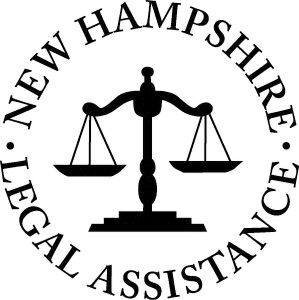Fair Housing Laws
Federal Fair Housing Act (42 U.S.C. § 3601 et seq.)
The Federal Fair Housing Act (FHA) protects people from discrimination when they are renting or buying a home or engaging in other housing-related activities. The FHA prohibits discrimination because of:
Race
Color
National Origin
Religion
Sex
Familial Status
Disability
New Hampshire Law Against Discrimination (RSA 354-A)
New Hampshire’s fair housing law provides protection from discrimination based on all federally protected classes as well as based on:
Age
Marital Status
Sexual Orientation
Gender Identity
Under the Federal Fair Housing Act and the New Hampshire Law Against Discrimination, it is illegal to discriminate in renting, selling, or financing housing based on race, color, national origin, religion, gender, family status, disability, age, sexual orientation, marital status or gender identity.
FAQs
What is prohibited?
Fair housing laws cover housing-related transactions, including the sale and rental of housing, home mortgages and appraisals, home insurance, and accessibility. Some examples of practices that are illegal if based on one of the protected classes include:
Refusing to rent or sell or lying about the availability of housing, home loans, or home insurance
Setting different terms, conditions, or privileges for rental or sale of housing
Steering, or directing someone to only certain neighborhoods or buildings
Discriminatory advertisements or statements
Denial of a reasonable accommodation or modification for a person with a disability
Retaliation for asserting protected rights, such as evicting someone because they filed a fair housing complaint
What are some examples of the kinds of relief I can get for fair housing violations?
Damages and costs
The next available apartment
The specific reasonable accommodation or modification requested
Other relief aimed at furthering fair housing, such as training for the landlord who discriminated against you
What properties are exempt from the FHA?
Owner-occupied buildings with four or fewer units
Single-family housing sold or rented without the use of a broker (however, there are situations where this exemption does not apply)
Housing operated by religious organizations or private clubs that limit occupancy to members
What are the forms of discrimination under the FHA?
Disparate treatment is direct discrimination based on a person’s protected class status. Stereotyping based on a protected class status may rise to discriminatory conduct.
Disparate impact occurs when a neutral policy, rule, law, or practice has a disproportionate, negative impact on a protected class group.
Click here to see more information and frequently asked questions in our fair housing blog.
What is Fair Housing for people with disabilities in NH?

